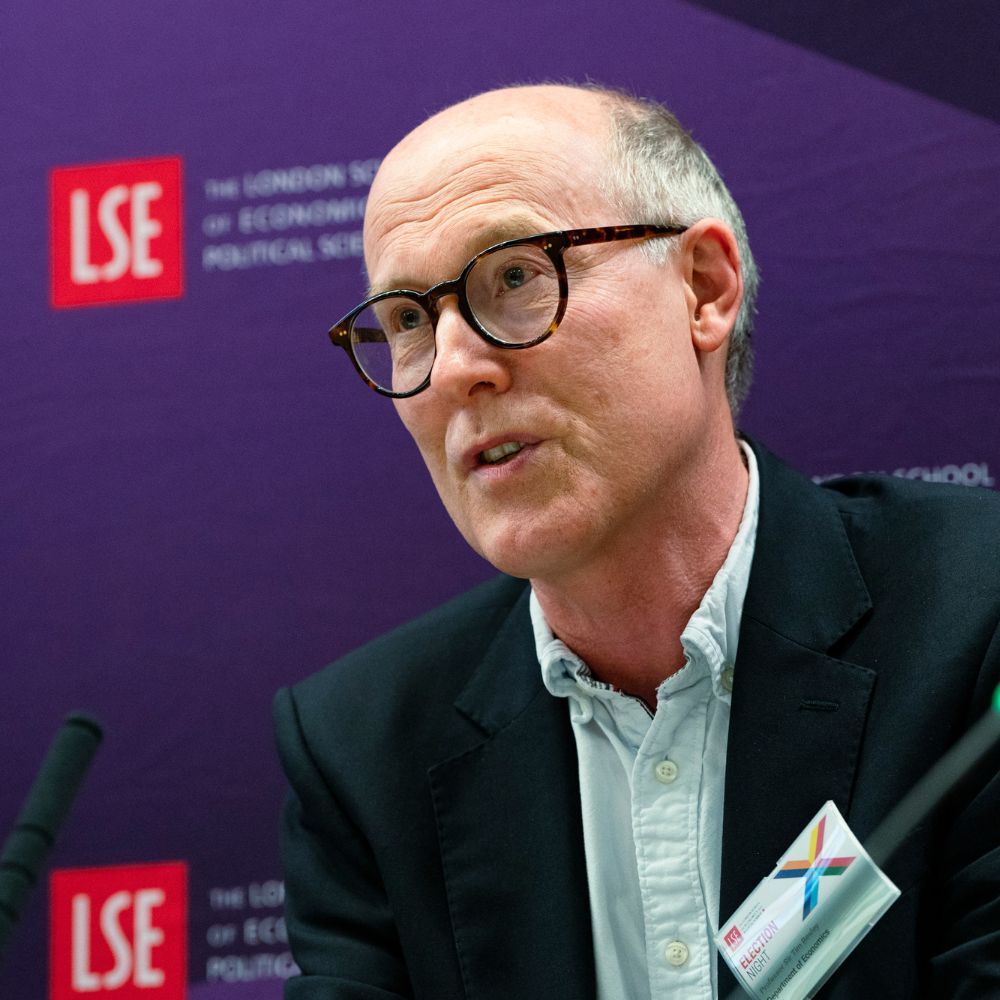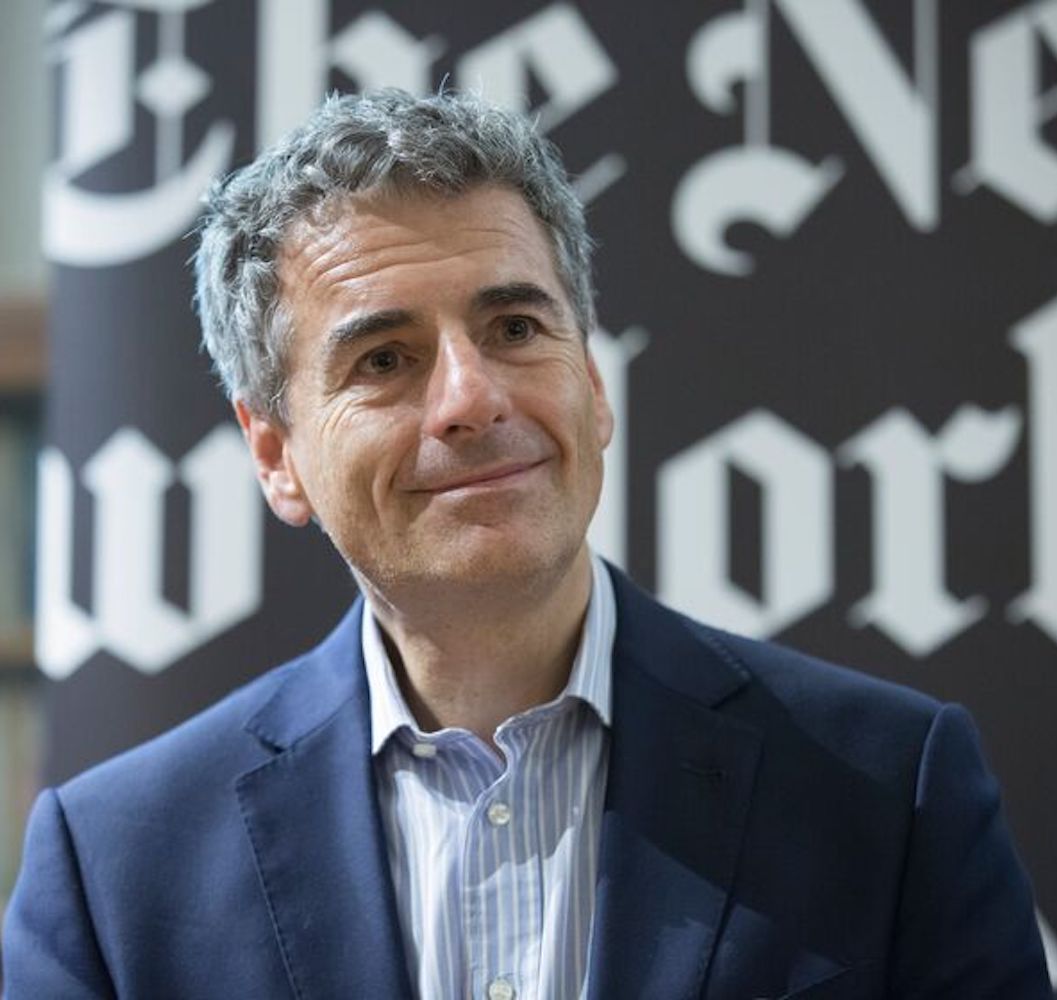The London Consensus: a springboard to a new political economy
Economic Principles for the 21st Century
A generation ago, the so-called Washington Consensus laid out a series of “dos and don’ts” for economic policy and economic development policymakers around the world. But the world has changed a great deal since 1989, when the original Washington Consensus paper was published, and so has the collective wisdom on what sound policies look like.
Enter “The London Consensus” – a global convening, debate and discussion led by LSE professors, Sir Tim Besley, School Professor of Economics and Political Science, and Andrés Velasco, Dean of the School of Public Policy, with over 50 of the world’s leading economists and policy experts taking part.

The Washington Consensus neglected political economy. The London Consensus stresses that economic policies must be politically legitimate, credible, and democratically owned by voters if they are to endure.
The successive crises and misguided policies of the past decades have left behind a legacy of deepening inequality and growing citizen mistrust in many countries. There is now a sense that states should take a more proactive role in confronting many of the political, social, economic, environmental and technological challenges facing us today, but it is also likely that many states lack the capacity to do the job well and will need to be reformed and made fit for purpose.
But what should that reform be? As the world has changed so has the profession of economics - which is why Tim and Andrés decided it was time to look again at those “dos and don’ts” and figure what in that list of recommendations should be retained and what ought to be changed or discarded.
Thanks to the generosity and vision of LSE Emeritus Governor, benefactor and alumnus Mario Francescotti (BSc Economics 1981) they were able to just that. Mario had long recognised that the global governance order was already showing signs of distress in responding to the emerging challenges. While all of them had a profound effect on financing and public debt, it was the devastating Covid-19 pandemic that for Mario really brought into focus the inability and failure of the global governance order to respond and deliver in a coordinated and timely manner for the welfare of its citizens. He felt that the time had come to reconsider the role of the state and reimagine many of its fundamental components, including importantly the welfare state but also the nation state in the context of trade and the autonomy of security and technology. And what global institution was better placed to do this work than LSE.

LSE’s fundamental “raison d’être” has always been to consider and research the social, political and economic issues implicit in this type of project. We have played this role in the past, at the time of our founding and in the post World War II creation of the welfare state. We have the capability and the resources to undertake the project and to coordinate with other like-minded academic institutions.
The project started in 2021 with his support for the Renewing the Social Contract research programme. Tim and Andrés then launched a process of academic enquiry and convened over 50 of the world’s leading economists and policy experts at LSE. The papers that were generated formed the basis for this newly book The London Consensus: Economic Principles for the 21st Century, edited by Tim Besley, Andrés Velasco and Irene Bucelli, published by LSE Press and made possible by Mario Francescotti.

Unlike the Washington Consensus, which since the 1990s has peddled a one-size-fits-all prescription, the London Consensus is built around principles and not formulas.
The book is an exercise in assembling the best available evidence and ideas to foster dialogue. Indeed, although the title refers to “consensus” the book is very much meant to be a conversation starter. That conversation will start with a book launch here at LSE on 28 October hosted by LSE School of Public Policy, LSE Press and the Department of Economics. The editors hope that as it is presented here and to different audiences around the world the book acts as a springboard that drives conversations around its themes and principles.
Sign up now for The London Consensus event

I would recommend the book to anyone who wants to think about some of the most pressing issues of today and the issues that will shape tomorrow. We navigate a world of clashing opinions and fading trust in experts, but this book underscores what economics can teach us, looking back but also going forward.
Today as we find ourselves in the midst of the chaos and turmoil that so often precedes the shift to a new political economy we hope that in 35 years’ time when people look back at the London Consensus, they like Mario, say “firstly that there was a recognition that the global governance order was fractured and in need of re-imagination. Secondly that positive changes did occur. Thirdly that LSE and its academics were part of the debate, and fourthly that our brilliant LSE students became part of the global leadership for this better society.”
